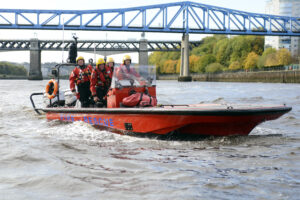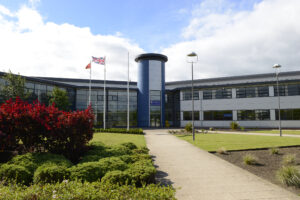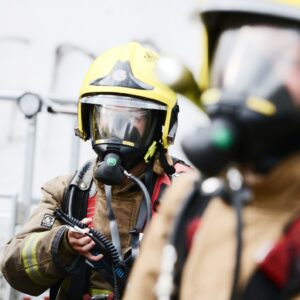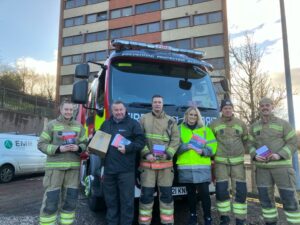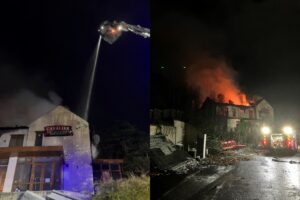news
Fire service and partners invest in lifesaving equipment for Tyne and Wear communities
Members of the public can now access defibrillators at five fire stations across Tyne and Wear, increasing the chance of survival for residents in cardiac arrest.
The community public access defibrillators (cPADs) have been installed at Chopwell, Sunderland Central, Farringdon, Gateshead and Byker community fire stations. The lifesaving equipment is easily accessible and no training is needed to use them – potentially giving members of the public the ability to re-start a patient’s heart before the arrival of the emergency services.
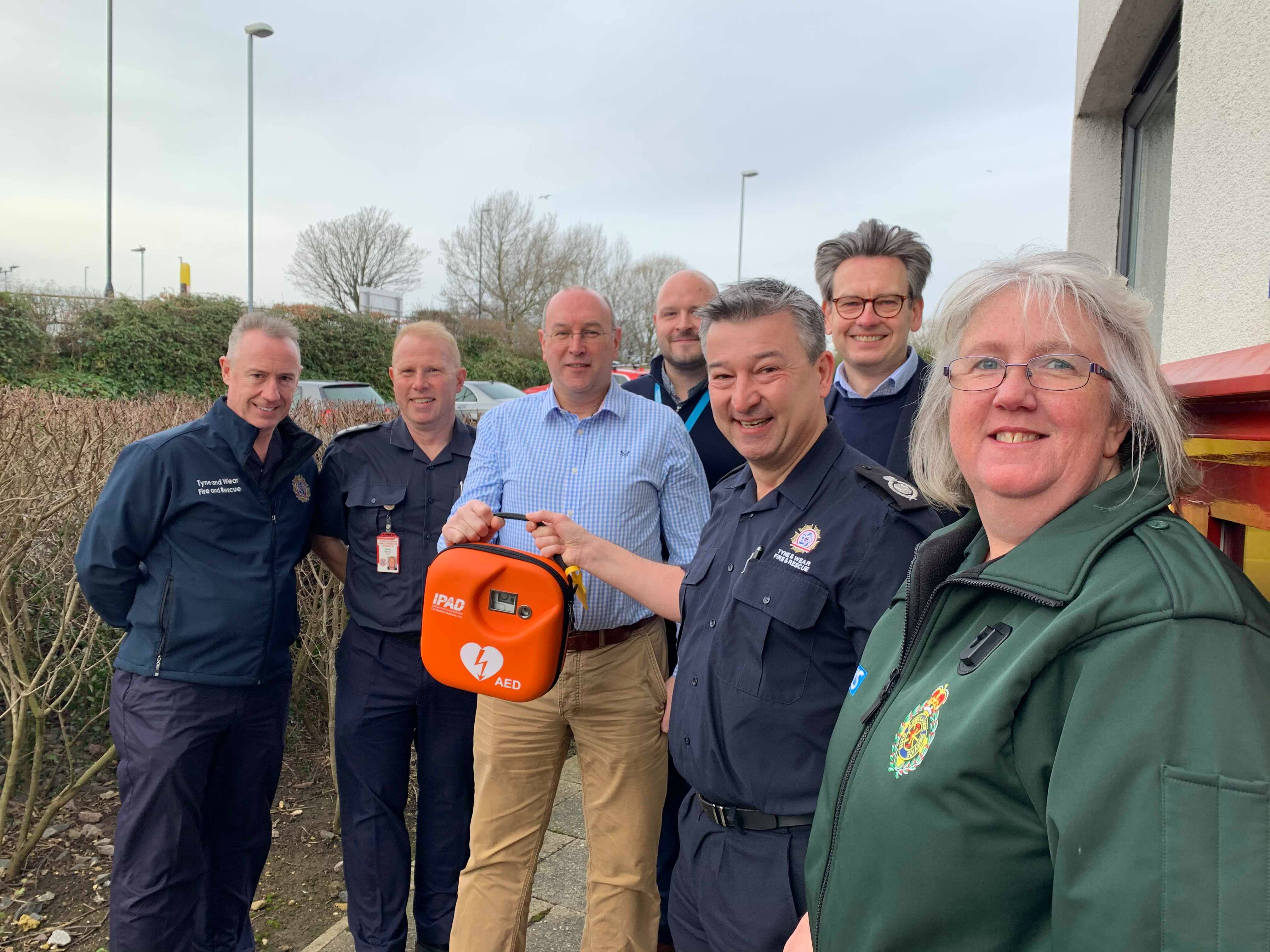
Tyne and Wear Fire and Rescue Service is working together with Cardioproof ENGIE, , IML and North East Ambulance Service to host and maintain the defibrillators. Assistant Chief Fire Officer John Baines explained:
“This is a fantastic partnership, inspired by Professor Michael Norton who has dedicated his career to improving outcomes for cardiology. The chance of survival for a person in cardiac arrest is reduced by 10 percent for every minute without defibrillation, so having a defibrillator nearby could save their life.
We have worked closely with our partners to review which areas were most in need of additional cPADs and this collaboration will continue to make sure that they remain accessible and maintained. It’s a great example of working together to keep our community safe.”
The defibrillators are placed in locked cabinets at the front of the fire stations. When someone calls the ambulance service on 999 to report a cardiac arrest, which has occurred close to one of the stations, the ambulance control room operator will direct the caller to the cPAD and provide the code needed to unlock the cabinet. The defibrillator itself then provides simple instructions and voice prompts on how to use it.
Professor Michael Norton, from Cardioproof, a North-East based non-profit organisation that aims to improve cardiac arrest survival rates, said “I am delighted with the launch of this initiative. ACO John Baines and CFO Chris Lowther have been incredibly positive and proactive since we first met them to discuss this project. TWFRS, Cardioproof and our partners are leading the way in our region by providing this lifesaving resource for the community over and above the day to day service they provide to the North East. 80% of cardiac arrests occur in the home so having these defibrillators available 24/7 within the community will significantly improve survival chances for those whose hearts stop nearby.”
Although no training is required to use the defibrillator, members of the community will be offered the opportunity to learn CPR and get to grips with the defibrillator with a familiarisation session for each station, run by North East Ambulance Service.
NEAS community development officer, Alex Mason said: “It’s always great to see new community access defibrillators being installed in our region as we know the difference they can make.
“When someone’s heart stops beating, every second counts. Early intervention by a bystander, starting CPR and using a defibrillator while an ambulance is travelling, can substantially increase the chance of that person surviving.
“Using a defibrillator is incredibly easy as it talks you through the process and will not provide a shock unless the person needs it. However, we understand that it can be scary for a member of the public to find themselves in a position where they need to use these lifesaving skills, which is why we provide familiarisation sessions to give people confidence that they will know what to do in an emergency. You could be the difference for a patient whilst the ambulance is on its way.”



